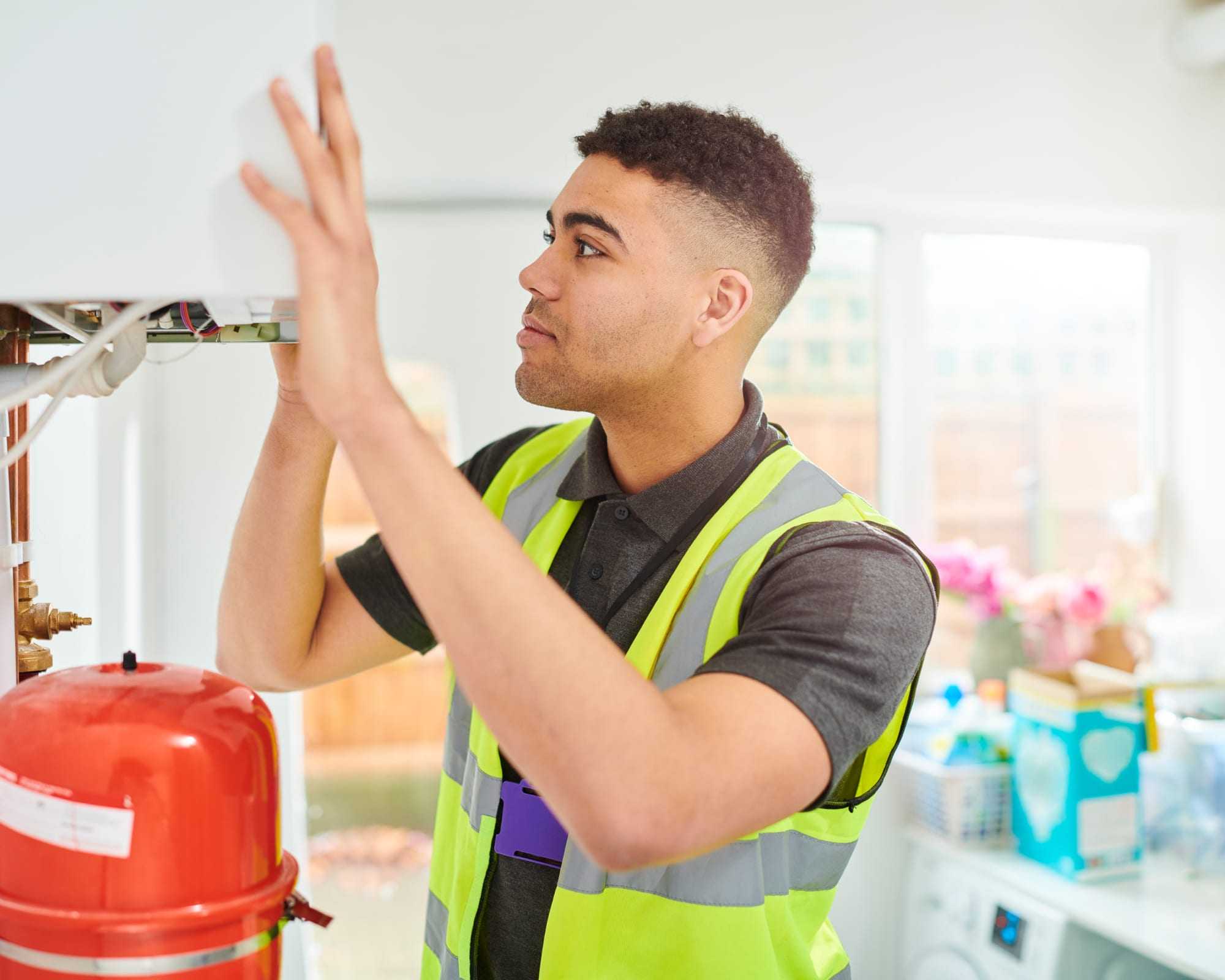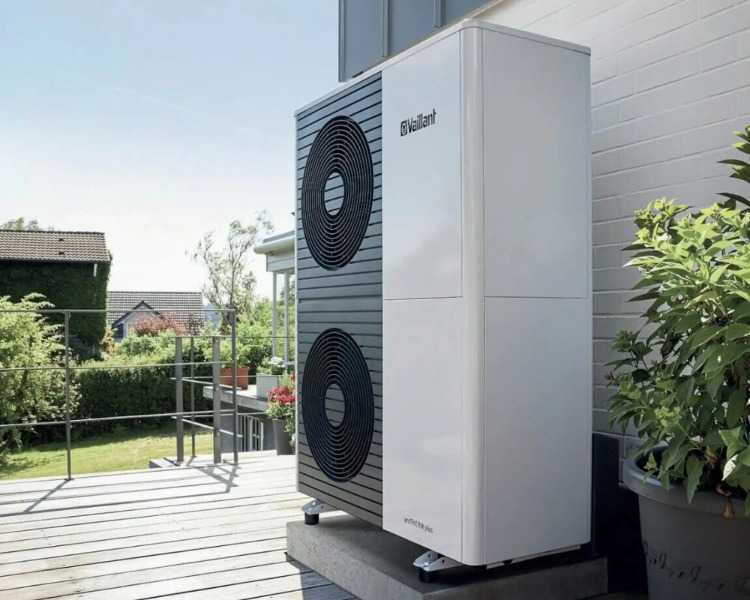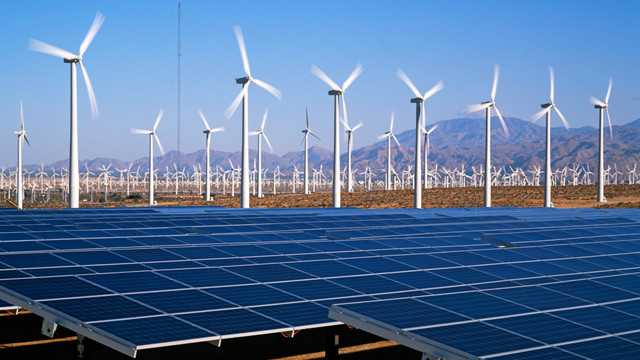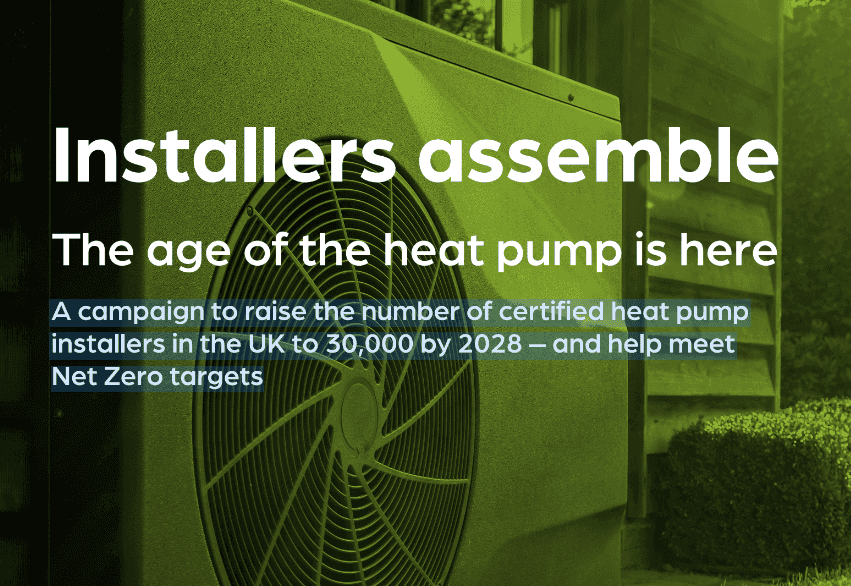
Everything You Need to Know About the Government's Boiler Upgrade Scheme
In a bid to achieve net-zero emissions by 2050, the UK government has introduced its Boiler Upgrade Scheme. Referred to as the BUS, this is a fantastic initiative for moving away from gas or oil heating.
But, what does this mean for homeowners, and how can you take advantage of the scheme?
The Energy Efficiency team at City Plumbing explains this incentive in more detail, helping you make that switch.
What’s Behind the Government Boiler Upgrade Scheme?
The government is all too aware of our reliance as a country on gas and oil boilers. Yet, it's this reliance that is contributing to problematic rising climate change. Therefore, they’ve created a greener solution through the BUS, with the intention of reducing emissions
A goal of the BUS is to drive down the costs of low-carbon heating technologies, ensuring such technology remains financially accessible. This means keeping low-carbon heating solutions at the same cost as those traditional gas and oil choices.
Meanwhile, such solutions will reduce energy costs for property owners. Therefore, low-carbon heating solutions are great long-term investments. This will go some way to help homeowners cope with current energy rises and the ever-increasing cost of living.
How Does the Boiler Upgrade Scheme Work?
Initial upfront outlay can be costly when selecting low-carbon heating solutions. This is why many property owners put off making the switch. So, by providing a grant incentive to eliminate this, it's hoped more people will take advantage of the BUS.
From 2022 to 2025, the government has pledged an investment of £450 million towards installing heat pumps over these three years. But, when applying for the BUS, some requirements will need to be met.
The Boiler Upgrade Scheme Criteria:
You must be an owner of a home or property in England or Wales
Your property must have a valid EPC (Energy Performance Certificate) of no less than ten years old. This must not have any outstanding recommendations for either loft or cavity wall insulation.
Your property must have an installation capacity of up to 45kWth
You must use the funding for replacing a fossil fuel heating system. The BUS can’t be used to replace an existing low-carbon system.
What Does the Boiler Upgrade Scheme Cover?
With one grant available per property, the technology covered by the BUS includes:
Air source heat pumps - with £5,000 off the cost and installation
Ground source heat pumps - with £6,000 off the cost and installation
Biomass boilers - with £5,000 off the cost and installation
How to Apply for the Boiler Upgrade Scheme
Now you know more about the BUS scheme, the next steps are:
Get a quote from an MCS-certified installer. As this grant can’t be applied for directly, it’s paramount an MCS accredited installer is used.
Once they've assessed your home's suitability, your installer will be able to further advise on the best upgrade solution for your property.
When you've agreed on a quote for the installation, they'll then be able to apply for the BUS on your behalf.
The value of your grant should be deducted by the installer from the total cost of the installation.
Take Advantage of the BUS and Start Your Energy Efficiency Journey
By investing in low-carbon heating technology, you can heat your home sustainably, thus reducing your home's carbon footprint long-term. What's more, it’s cheaper to run and will therefore help to reduce your energy bills.
In such uncertain times of continuous energy price hikes, there’s never been a better time to make the switch to an energy-efficient home.
(For further information on the BUS, take a look at the gov.uk website)



